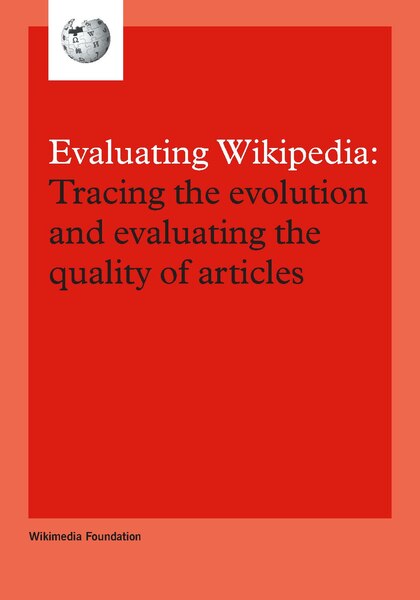Why not Wikipedia?
In the initial stages of research, it can be helpful to get a bird's-eye view of the topic.
Encyclopedias, summary reports, systematic reviews, and other tertiary resources provide readers with valuable insight into the literature--important authors, paradigmatic works, competing theories, and so on. This sort of meta-research (i.e., research on the research) facilitates more expedient article gathering, data sourcing, and information synthesis practices.
The researcher may be tempted to turn to Wikipedia for this bird's eye view. After all, Wikipedia represents a relatively trusted source for popular information. It is, however, a poor choice for scholarly information. Academic sources must be, above all, authoritative and reliable; these attributes follow mainly from the author's position relative to her academic field. Because Wikipedia is crowd-sourced and its entries anonymously authored, authority and reliability are always unknown.
We may not know who contributes to academic Wikipedia entries, but we can be confident who does not: professional scholars. Academics like your professor daily negotiate multiple, often-conflicting professional obligations. They are expected to publish scholarship, teach courses, mentor students, apply for grants, present material at conferences, and on and on. In various ways, academics are incentivized to satisfy each of these responsibilities. By contrast, they have no incentive to contribute to academic Wikipedia entries.
Wikimedia publishes a handbook for the evaluation of Wikipedia entries:
If you like that, you'll love this..
While Wikipedia may be less than ideal for academic research, a bird's-eye view of one's topic remains valuable.
Rather than Wikipedia, try the following reference sources:
- Annual Review publications
- Field-specific dictionaries
- Field-specific encyclopedias
- Encyclopedia of Sociology (Borgatta & Montgomery, eds.)
- Concise Encyclopedia of Sociology (Ritzer & Ryan, eds.)
- Government summaries
- Journalistic summaries
- Online reference sources
